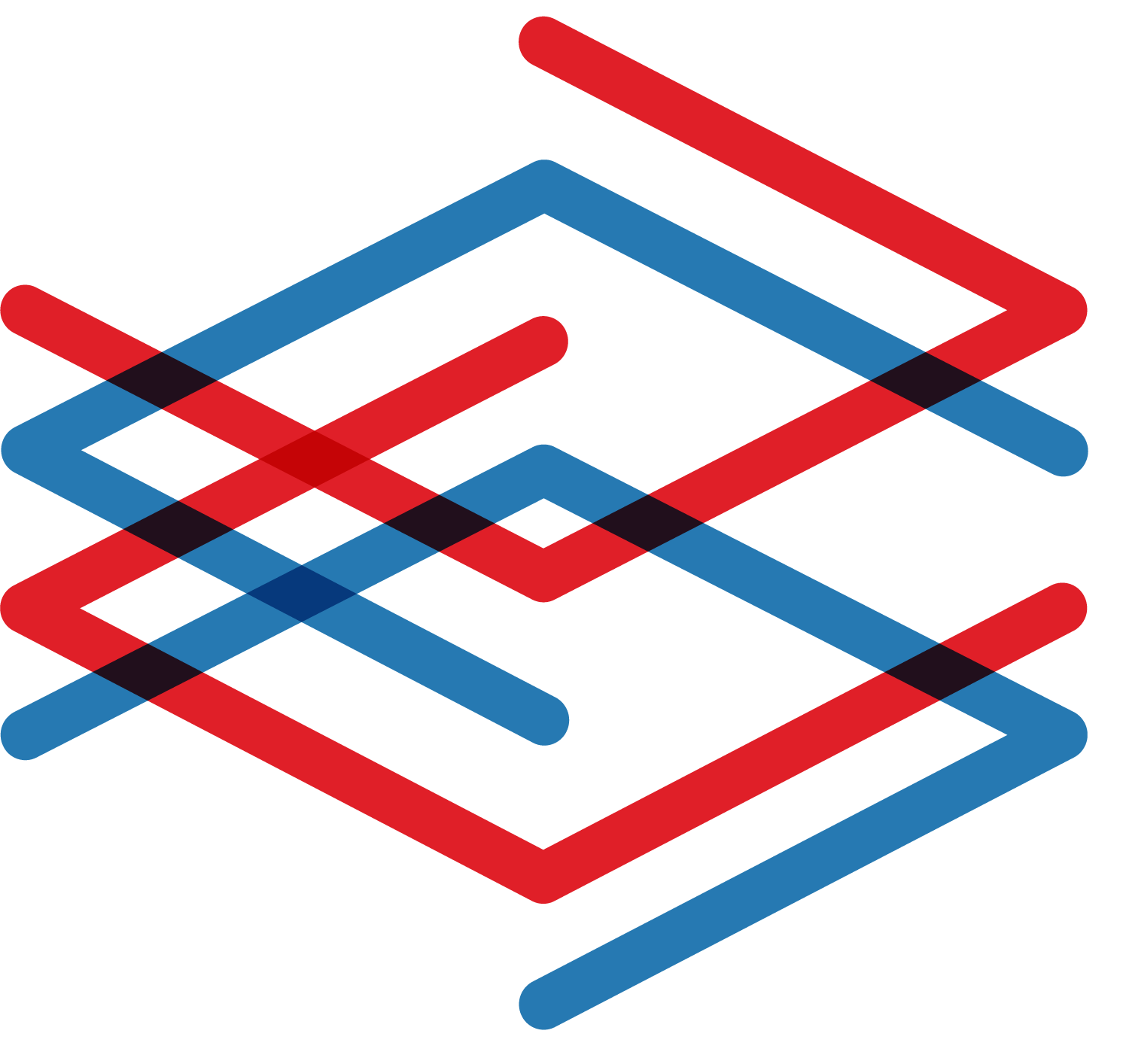Cyber cliches > Analysts and hackers all the same!
- Lea Deswarte
- Feb 28, 2023
- 3 min read
Updated: Aug 22, 2023
We previously discussed the stereotype that cybersecurity analysts are solitary individuals who are obsessed with technology. Today, we will address another commonly held belief: that those who work in cybersecurity or have connections in the industry are likely to be hackers. As a result, people may quickly assume that these individuals can hack into social media accounts such as Facebook or Instagram. However, this is a flawed and inaccurate assumption that does not paint a true picture of the field. The misconception is likely due to a misunderstanding of what cybersecurity entails. Many individuals equate cybersecurity with hacking and presume that those in the industry have the ability to bypass security measures and gain unauthorized access to online accounts. In reality, this is not the case.

Some context: not all hackers are the same…
In France, the term "hacker" has acquired a very negative connotation. A hacker is someone who specializes in computer coding and has a penchant for taking on challenges that allow them to exceed their own capabilities. Generally, they possess excellent technical skills and are also known for their inquisitive and imaginative nature. Their primary interest lies in testing the boundaries of computer systems and gaining access to areas they are not authorized to enter.
There are two types of hackers: "black hats" and "white hats." Black hats are malicious hackers who use their skills to exploit and cause damage to computer systems. On the other hand, white hats are ethical hackers who use their expertise to identify security vulnerabilities in computer systems and suggest ways to mitigate them.
So it's a bit of a good vs. evil situation and it's not worth asking someone who works in IT security to hack into any social account.
Legal reality
Numerous movies and television series have contributed to creating uncertainty in people's minds regarding hackers. Frequently, hackers are portrayed as individuals who break into computer systems and are positioned as the "good guys" who utilize their abilities to expose corruption or criminal activities. This creates a somewhat idealized perception of hacking and leads people to believe that anyone working in the field of cybersecurity has the ability to hack into social media accounts.
However, the reality is that cybersecurity is a vast field that is primarily concerned with safeguarding computer systems and networks from unauthorized access. In fact, the majority of cybersecurity professionals are committed to protecting computer systems and networks, rather than infiltrating them. These individuals possess a strong work ethic and are known for their high degree of integrity in their profession.
Just a reminder for those who may have forgotten, hacking into any online account is both illegal and unethical. Unauthorized hacking constitutes a criminal offense and carries severe consequences. Furthermore, IT security professionals are bound by ethical standards and legal obligations. Hacking is not an acceptable practice within the cybersecurity industry, and engaging in illegal activities can have significant consequences for professionals, both personally and professionally. While there may be some individuals who violate these guidelines, they do not represent the entire cybersecurity industry.
Moreover, attempting to hack into an internet account can put the intruder at risk of having their personal information stolen, and it can also lead to the spread of malware. It's important to raise awareness of the various risks associated with unauthorized access and to promote safe online practices.
At Malizen, we are very proud to be able to offer analysts a tool enabling them to identify security incidents, analyze them, and gain insights while maintaining ethical standards and prioritizing the security of organizations.
If you want to know more and try Malizen, it's just here 👉 https://app.malizen.com/signup
